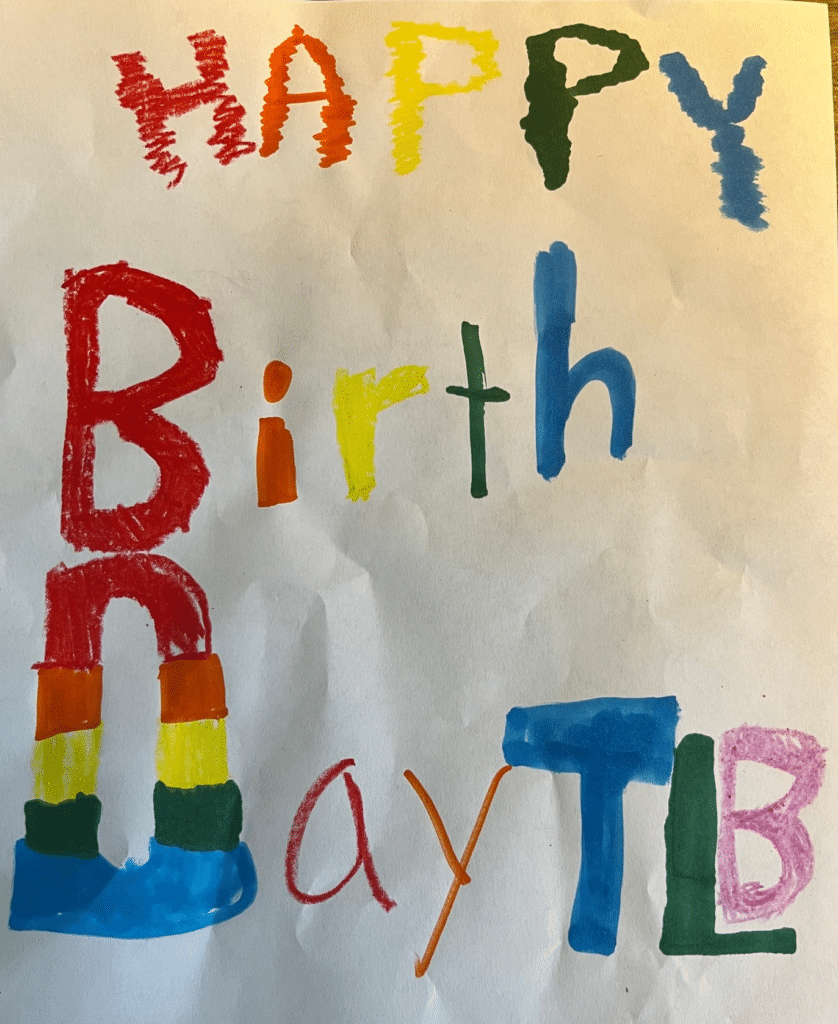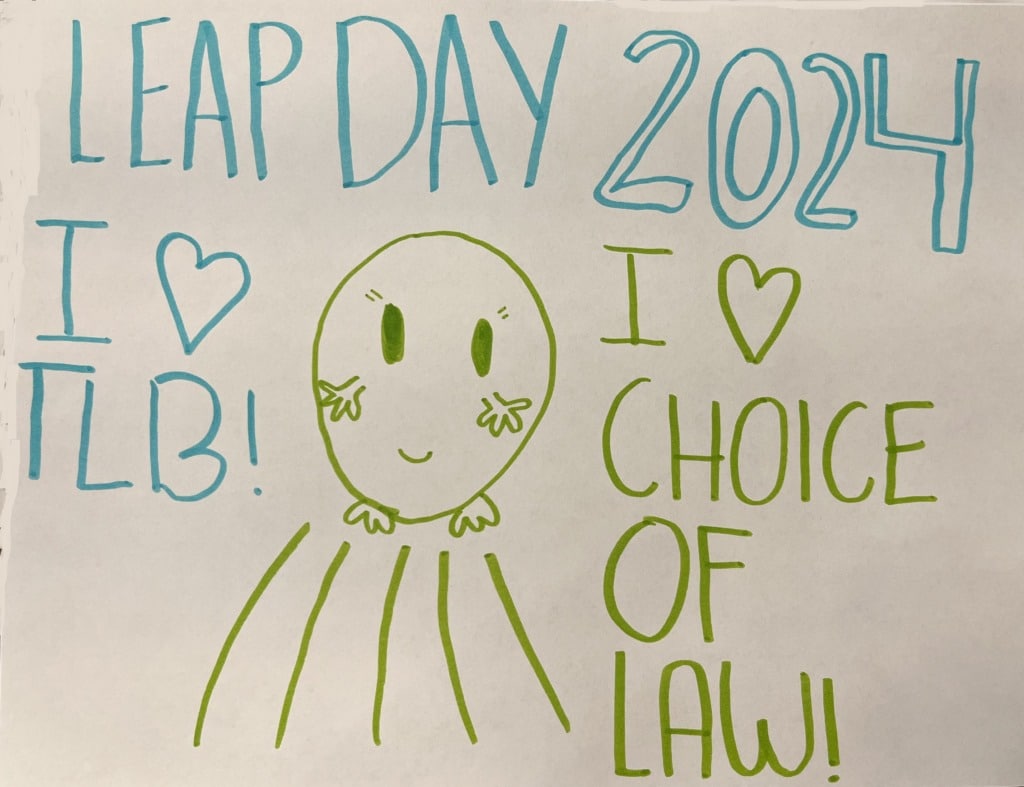Bread and Butter
There is a tendency when blogging to focus on cases that that are (1) important, (2) novel, (3) strange, or (4) wrong. These are the sorts of cases that most people—and, candidly, the TLB editors—find to be most interesting. (My colleague Bill Dodge may be an exception.) Every now and then, however, it is useful…
Continue ReadingThe Easy Way and the Hard Way
In the law, there are often two paths to a given destination. There is the easy way. And there is the hard way. In a recent New Jersey case involving a forum selection clause, the plaintiff was ultimately successful in defeating the defendant’s motion to dismiss. But man, oh man… did the plaintiff do it…
Continue ReadingRethinking the Internal Affairs Rule
The internal affairs rule posits that a court should generally apply the law of the state in which an entity is incorporated to resolve questions relating to that entity’s internal affairs. These affairs encompass such matters as the election of directors, the rights of shareholders, and the fiduciary duties owed to shareholders. In a trio…
Continue ReadingTLB Turns Two!
Two years ago today, we launched the Transnational Litigation Blog in hopes of building a community of practitioners, academics, and students similarly interested in these fascinating and important issues. We are grateful to all of our readers, and we are especially grateful to the 91 authors (in addition to the five of us) who have…
Continue ReadingFaux Forum Selection Clauses
In linguistics, a false friend (or faux ami) is a word from a different language that looks and sounds like a familiar word in English but, in fact, has a very different meaning. A classic example is the word “gift.” In English, the word means “present.” In German, the word means “poison.” These are not…
Continue ReadingChoice of Law in the American Courts in 2023
The thirty-seventh annual survey on choice of law in the American courts is now available on SSRN. The survey covers significant cases decided in 2023 on choice of law, party autonomy, extraterritoriality, international human rights, foreign sovereign immunity, adjudicative jurisdiction, and the recognition and enforcement of foreign judgments. So, on this leap day, we thought…
Continue ReadingAn Answer to the Billion-Dollar Choice-of-Law Question
On February 20, 2024, the New York Court of Appeals handed down its opinion in Petróleos de Venezuela S.A. v. MUFG Union Bank, N.A. The issue presented—which I described in a previous post as the billion-dollar choice-of-law question—was whether a court sitting in New York should apply the law of New York or the law…
Continue ReadingU.S. Supreme Court Decides Great Lakes
On February 21, 2024, the U.S. Supreme Court handed down its decision in Great Lakes Insurance SE v. Raiders Retreat Realty Company, LLC. The question presented was whether, under federal admiralty law, a choice-of-law clause in a maritime contract can be rendered unenforceable if enforcement is contrary to the “strong public policy” of the state…
Continue ReadingMore Choice of Law in Terrorism Cases
The U.S. District Court for the District of Columbia (DDC) hears a lot of state-sponsored terrorism cases. The plaintiffs in these cases typically assert a cause of action under 28 U.S.C. § 1605A(c). This action is, however, only available to individuals who are either (1) a U.S. national, (2) a U.S. servicemember, (3) a U.S….
Continue Reading





